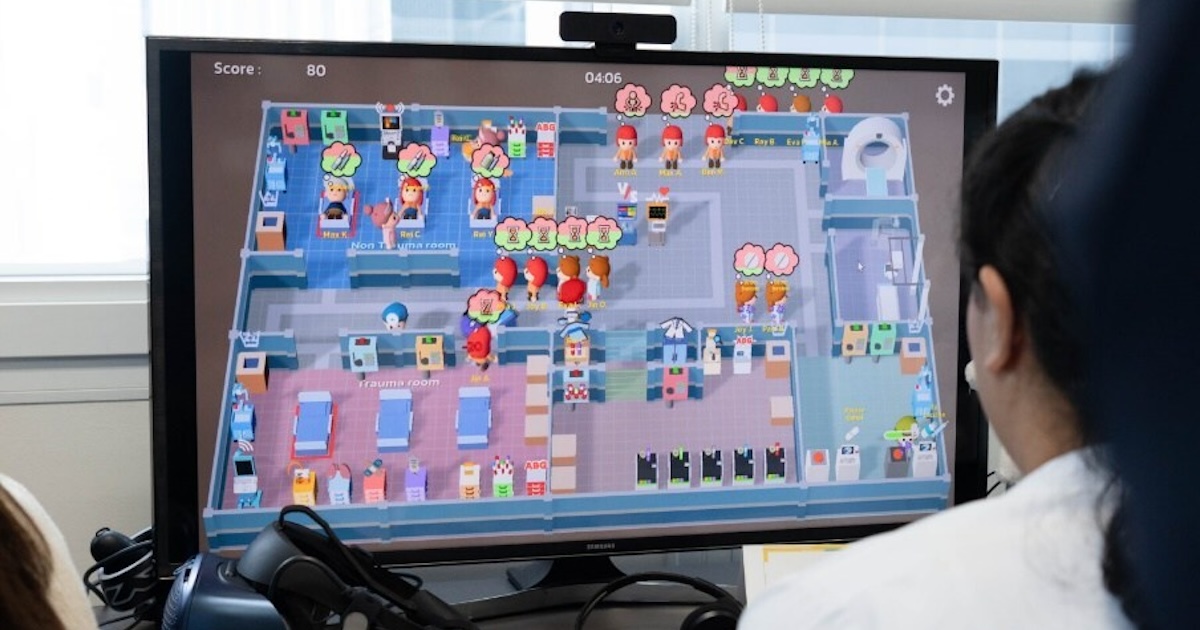
Photo: STEVE DEBENPORT/Getty Images
Regulators in South Korea and Australia have moved to tighten their oversight of AI in healthcare.
South Korea's Ministry of Food and Drug Safety recently announced that it will set aside 15 billion won ($10.8 million) in its 2026 budget to accelerate the commercialisation of AI applications. The budget is part of its 812.2 billion won (over $580 million) budget for next year, which identifies innovation as a key priority.
The funding aims to help local companies developing AI products in the food and medical device sectors quickly enter the market, the MFDS said in a media statement.
In Australia, meanwhile, the Therapeutic Goods Administration (TGA) said it is "stepping up" to ensure that medical software, including AI-powered ones, being sold in the country meets regulatory requirements.
Its current focus, it mentioned, includes reviewing AI digital scribes that may be lawfully categorised as medical devices.
"Digital scribes intended only to transcribe and translate clinical conversations into written records without performing analysis or interpretation are not considered medical devices. These products do not have a therapeutic use under the [Therapeutic Goods Act 1989]," the TGA said.
"However, if a digital scribe analyses or interprets clinical conversations – for example, by generating a diagnosis, differential diagnosis or treatment recommendation not explicitly stated by the healthcare practitioner – it is considered a medical device," it explained further.
AI considered as medical devices are required to be included in the Australian Register of Therapeutic Goods before they are imported, exported, supplied or advertised in Australia – unless exempted or excluded – and the TGA may take action in response to non-compliance.
THE LARGER CONTEXT
The Korean government has heavily invested in medical AI over recent years as it recognises the technology as a key enabler of a paradigm shift in healthcare. Recently, the Ministry of Health and Welfare started funding and collaborating with public and private universities to produce over 1,000 professionals in AI in healthcare by 2029. The government has also launched a $16 million project developing medical multimodal models for Korean healthcare.
Meanwhile, TGA's emphasis on medical AI software aligns with the broader effort to enforce the "safe and responsible" use of AI in healthcare. The regulator recently published findings from its public consultation aimed at improving its legislative framework to address future risks and capitalise on opportunities from AI in the therapeutic goods sector. Among these AI are digital scribes, which are increasingly used in clinical settings. The TGA is currently working with the industry to encourage voluntary compliance, provide guidance, and respond to complaints and reports of non-compliance.

